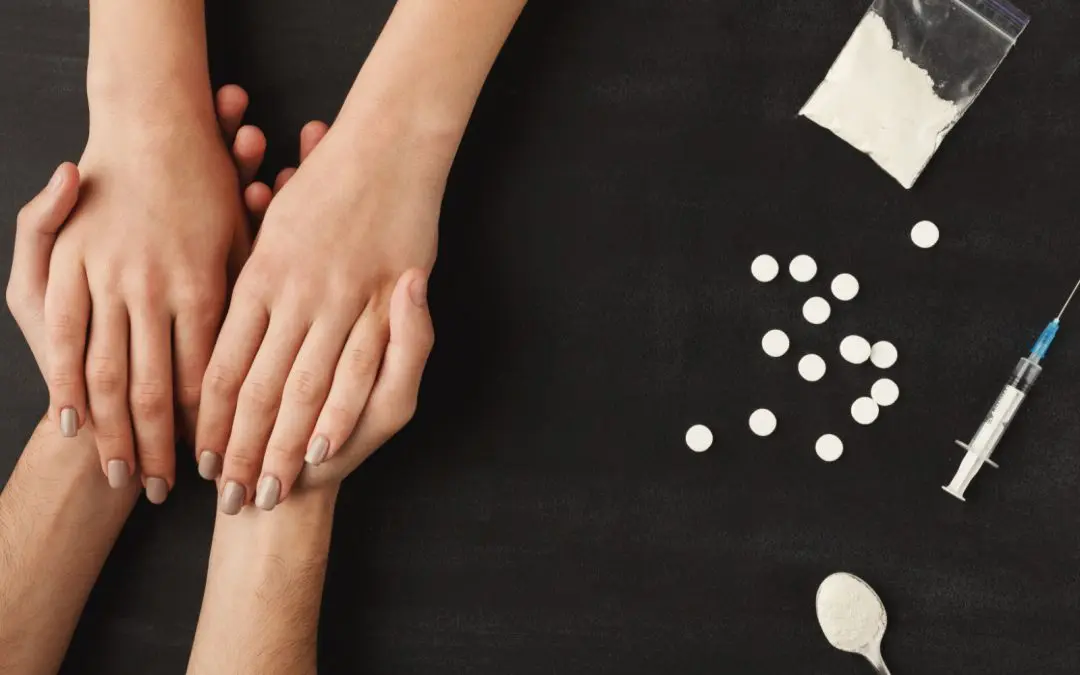24/7 Helpline:
(866) 899-221924/7 Helpline:
(866) 899-2219
Learn more about Residential Rehab centers in Deer Lodge County

Other Insurance Options

Multiplan

Excellus

Health Net

Providence

CareFirst

Sliding scale payment assistance

Health Choice

Absolute Total Care

MHNNet Behavioral Health

GEHA

UMR

Carleon

United Health Care

Choice Care Network

Molina Healthcare

Covered California

Private insurance

Regence

Highmark

BlueShield













Western Montana Mental Health Center – Deer Lodge County
Western Montana Mental Health Center – Deer Lodge County is a private rehab located in Anaconda, Mon...







